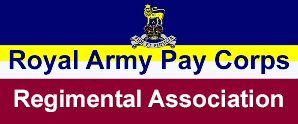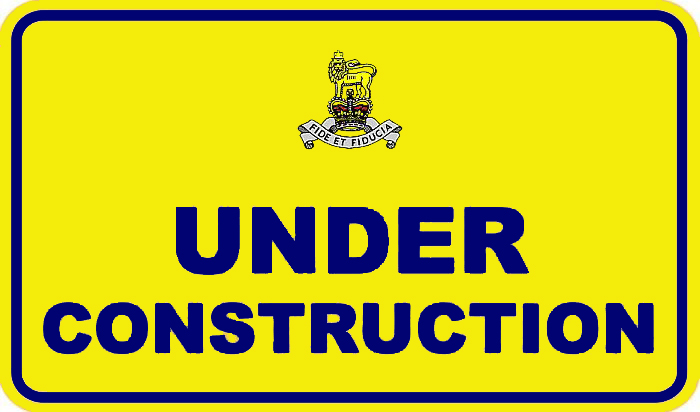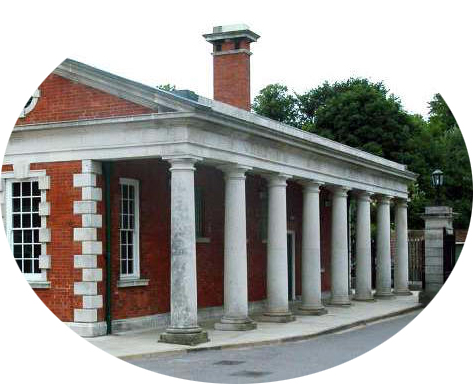
RAPC Virtual Museum


Fixed Centre Pay Offices (FCPO)
(Command (CPO), Regimental (RPO) and Army (APO) Pay Offices )
Background
In 1911 there was a German threat to Morocco. During the months of July and August war was an immediate possibility. The danger passed, however, and what has since been known as the Agadir crisis did not require mobilisation plans to be put into effect. However the Director of Army Accounts, Mr F. A. Flynn was compelled to conclude that, had the call up of reservists and territorials occurred, he would have been compelled to freeze all soldiers' accounts in whatever location they might have been at the time. In effect this would have brought about a makeshift permanent centre system.
Mr Flynn referred the problem to Sir Charles Harris. Steps should be taken, he argued, to locate every soldier's account at a permanent or fixed centre throughout his service. The advantages were numerous, but these were of paramount importance. First, be the soldier regular, reservist, pensioner or territorial, his account would always remain in the same place. Second, if the soldier was married his wife would be paid from the same place. Third, the risk of breakdown caused by wholesale transfers on the outbreak of war would be obviated.
In view of the lessons of the past it was surprising that Mr Flynn, in making his otherwise admirable proposals suggested that, in due season soldiers accounts might be maintained in regiments.
Sir Charles Harris was adamant that in no circumstances would soldiers' accounts be maintained in their regiments. He also came out strongly in support of the fixed centre system. With considerable insight he regretted the removal of the paymaster from the immediate proximity of the troops, but accepted the point, made by Mr Flynn, that postal communication in the United Kingdom was so good that nowhere would the soldier be, in terms of communication, more than "one night" distant from the regimental pay office. Sir Charles also pointed out that wars would vary in character, and that what was good for "Flanders" was not necessarily good for the North West Frontier of India. Made more than two years before the outbreak of the First World War, this was a prophetic statement in more than one respect.
The fixed centre system was approved by the Army Council, and authorised in Army Order 3 of 1913.
